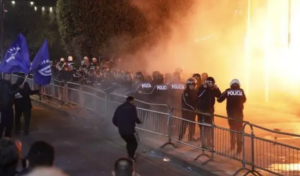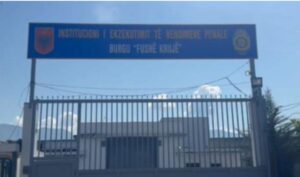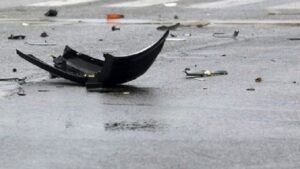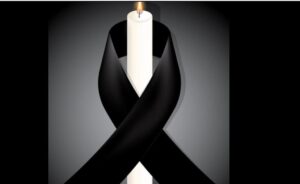Serbian Army Chief Accused Over Kosovo Killings
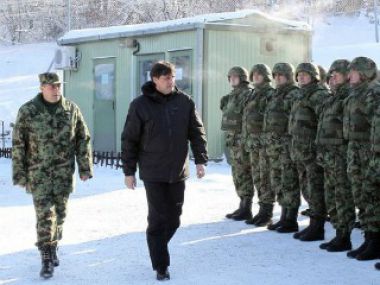
The Humanitarian Law Centre alleged in a new report on Thursday that current Serbian Army chief Ljubisa Dikovic was the commander of the 37th Brigade of the Yugoslav Army responsible for the attacks on the four villages in the Drenica area between April 5 and May 27, 1999, when at least 69 Kosovo Albanians died.
The rights group’s report also claimed that the 37th Brigade was responsible for the subsequent removal of the bodies from the villages of Rezala, Staro Cikitovo, Donji Zabelj and Gladno Selo in an attempted cover-up.
The Serbian defence ministry has strongly denied the allegations.
But Sandra Orlovic, director of the Humanitarian Law Centre, said that convincing evidence had been assembled that showed that the 37th Brigade was involved.
“Our evidence which is based on documents from the Hague Tribunal and witness testimonies which without doubt show that his unit was present in the villages when the attack took place, and was later in charge of the removal of the bodies,” said Orlovic.
“In the village of Rezala, the bodies were covered with dirt, and then a few days afterwards the bodies were put in to trucks and taken away,” she said.
She added that the Humanitarian Law Centre also had information that “the military wanted to hang over the bodies to the civil authorities, but their request was denied”.
Forty-seven of the victims’ bodies were found 15 years later in a mass grave at the Rudnica quarry, near the town of Raska in southern Serbia. Ten people are still listed as missing.
“The location of the mass grave is just near the border with Kosovo, and near the military barracks of the 37th Brigade. The mass grave was in a completely public space, just near the land which was owned by the Yugoslav Army,” Orlovic said.
She said that all the evidence about the alleged involvement of Dikovic in the wartime crimes in the Kosovo villages and the removal of the bodies was available to the Serbian authorities even before his appointment as the army’s chief of staff in 2011.
But the Serbian defence ministry told BIRN that the Humanitarian Law Centre report was false.
“Public statements from Humanitarian Law Centre are intended to directly diminish the reputation of Serbia and its army,” the ministry said.
The crimes committed by the 37th Brigade were partly dealt with during the trial of former Serbian President Milan Milutinovic and other senior officials at the Hague Tribunal, but its commander was never prosecuted.
Dikovic has previously denied committing war crimes, and the Serbian prosecution office has said that there is no evidence to prosecute him.
The Humanitarian Law Centre’s new report is the first to claim proof of the involvement of the army in the removal of the bodies.
So far, only Vlastimir Djordjevic, a former Serbian interior ministry assistant, has been convicted of transporting the bodies to Serbia. He was sentenced to 18 years in prison by the Hague Tribunal.
No one has been prosecuted in Serbia itself for removing the bodies.
BIRN
 KOHA JONË SONDAZH
KOHA JONË SONDAZH


















